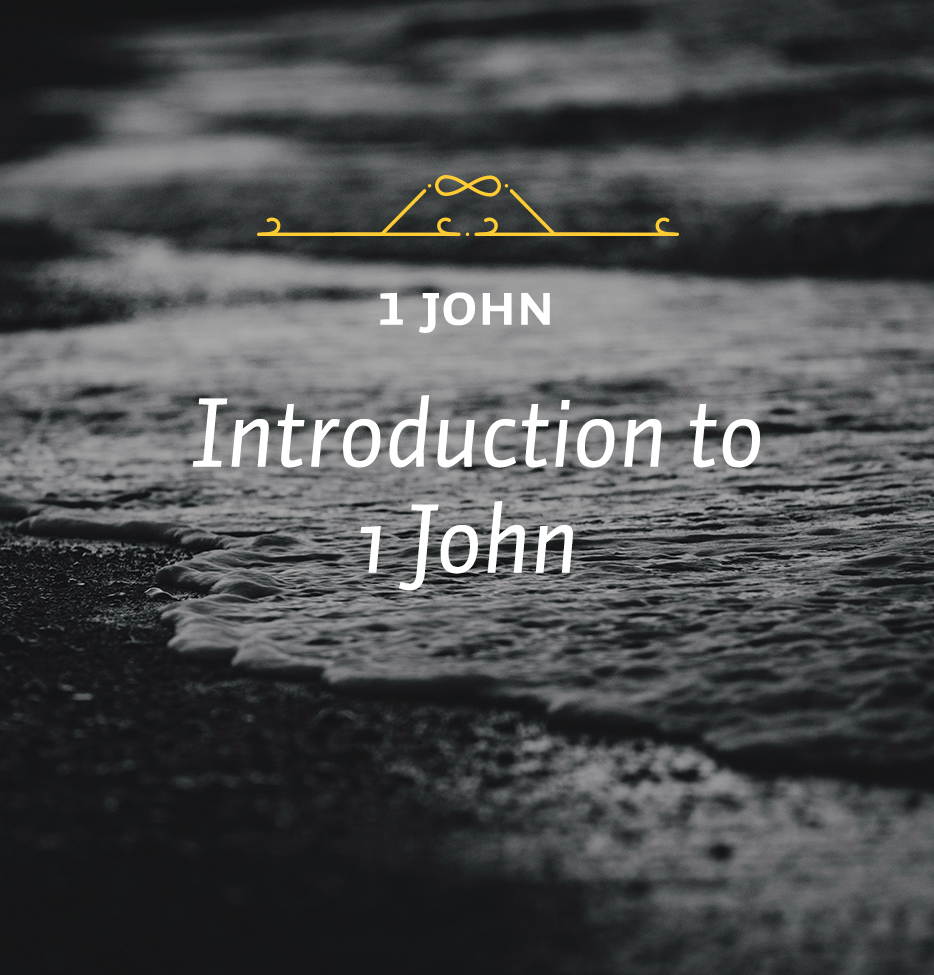The third purpose for the writing of 1 John is to explain or elaborate upon Christ’s new commandment: “A new commandment I give unto you, that ye love one another” (John 13:34).
This verse, from the thirteenth chapter of John’s Gospel, is included in the midst of a narrative of the events that took place at the Last Supper, and it is this narrative that throws light on the third reason why 1 John needed to be written. The chapter is a record of Christ’s farewell words to the disciples and of their puzzled and almost unbelieving reaction to His disclosure of His departure to them. The disciples had been with the Lord for three years. During this time they had grown to love Him and to know of His love for them. They had left everything to follow Him. He was their life. Now, suddenly (although He had tried to tell them of it before), they are told that He is leaving: “Little children, yet a little while I am with you. Ye shall seek me; and as I said unto the Jews, Where I go, ye cannot come” (v. 33). This statement must have hit them like a thunderbolt, for they became entirely wrapped up in it and heard little He said from that point on. We know this because in the narrative which follows, their questions always come back to this point and do not relate to what Christ has said in the meantime.
Following the announcement of His departure Jesus went on to give the “new commandment.” But when He paused for breath, Peter immediately returned to the earlier topic, “Lord, where goest thou?” (v. 36). Jesus interrupted His instructions about the new commandment and went back to explain what was happening.
A little while later Thomas, who was quieter than Peter but who was thinking exactly the same thing, blurted out, “Lord, we know not where thou goest; and how can we know the way?” (v. 5). Philip added, “Lord, show us the Father, and it sufficeth us” (v. 8); that is, “You do not need to go away; just give us a theophany.” These statements indicate how the minds of the disciples were working at this time. Not one of the disciples really heard this new and great commandment of the Lord Jesus Christ.
Jesus went to the cross, rose again, ascended into heaven, and then, years later, spoke again to the apostle John through the Holy Spirit to explain—in a manner that was to be recorded for the Church in all ages—what this commandment is all about. Thus John writes that Christians are to love one another. He writes, “Whosoever keepeth his word, in him verily is the love of God perfected” (2:5); “Love not the world” (2:15); “Whosoever doeth not righteousness is not of God, neither he that loveth not his brother” (3:10); “This is the message that ye heard from the beginning, that we should love one another” (3:11); “We know that we have passed from death unto life, because we love the brethren” (3:14); “My little children, let us not love in word, neither in tongue, but in deed and in truth” (3:18); “Beloved, let us love one another; for love is of God” (4:7); “If God so loved us, we ought also to love one another” (4:11); “And this commandment have we from him, that he who loveth God love his brother also” (4:21).
To judge from fighting among Christians and in the churches, this (no less than the first two goals of the letter) is needed today.






